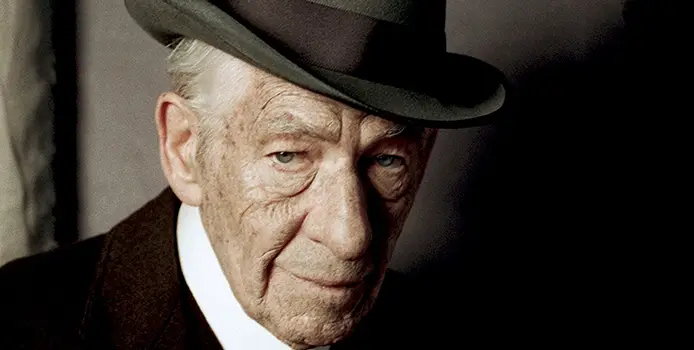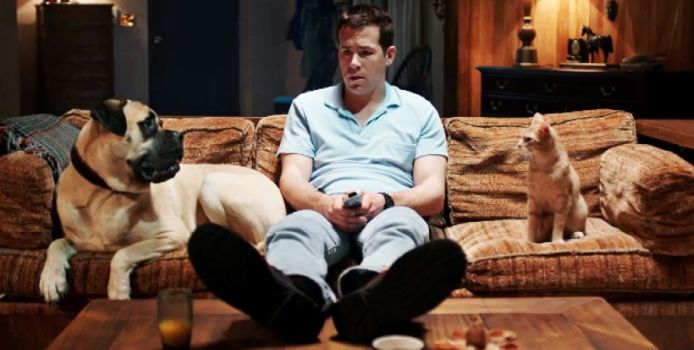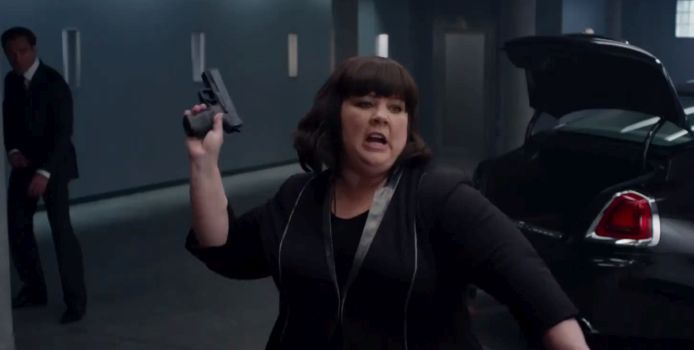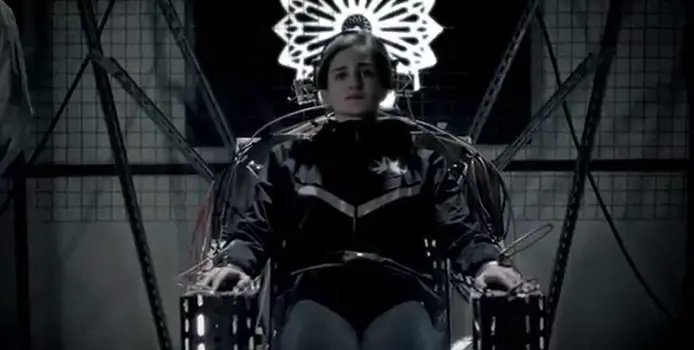Film Reviews

Initially, it seems that I Am Evel Knievel competently weaves archival footage with a range of talking heads. However, the documentary goes to great lengths to embellish a very unlikeable man and omits some of his life’s failings, making it an inferior production to the BBC’s Richard Hammond Meets Evel Knievel, which also has the advantage of featuring the man himself shortly before he died on November 30th 2007. During the 1970s, Evel Knievel was one of the most famous names in America and the world.

There is something so endlessly fascinating about the character of Sherlock Holmes that prevents him from ever becoming boring to audiences, no matter how different Arthur Conan Doyle’s detective creation is to the pop-culture tastes of the time. The source material is so undeniably entertaining that even if it gets revised as an action blockbuster, as seen in Guy Ritchie’s two recent movies, or transplanted into the modern day, on Steven Moffat’s BBC series, it never loses any of its original charm. No matter how unique a new adaptation of the stories may be, Doyle’s stories are so widely revered that nearly every adaptation of them remains faithful to the essence of the characters, even if they may take a few liberties.

Inside Out is the latest in a long line of Pixar films that deal with the personification of something that you may have thought to be emotionless. Rather than bugs, toys, or fish this time, though, it is dealing directly with emotions themselves. What if the inner workings of our head were similar to an operational business, where our emotions literally guide and influence the actions in our daily life?

Testament Of Youth is based on Vera Brittain’s memoir of the same name. Her book pays homage to her own losses while growing up during World War I, but also the great loss felt by her generation. Brittain’s book is perhaps unique in that in the UK we are often told about the loss of life during the war.

Ignorance truly is bliss. Before watching Joshua Oppenheimer’s harrowing 2012 documentary The Act of Killing, I had no knowledge of the 1965-1966 genocide in Indonesia, which was initially intended on purging “communists” from Indonesian society, but resulted in a million innocent people being massacred. That I could have no awareness of the subject could be blamed on western ignorance – upon receiving the BAFTA for best documentary, Oppenheimer claimed that the UK and US were partly responsible for these atrocities to happen due to their insistence on destroying communism at any cost (a statement that was naturally cut out of the TV broadcast).

The Voices, the English language debut of French-Iranian director Marjane Satrapi, unarguably gives Ryan Reynolds the best acting role of his career. Sadly, his gleefully maniacal performance is the sole positive – and that is most likely due to the lack of interesting roles he’s been given throughout his career that make this performance stand out in comparison. The character he’s playing is badly devised and written, yet Reynolds somehow manages to make the character compelling.

Chicagoland Shorts is a new series of films curated by Eugene Sun Park and Kayla Ginsburg (with the aid of Beckie Stocchetti). The series pulls together an eclectic mix of shorts all made by Chicago-based filmmakers. The films range from original narratives to real stories, from animations to found footage pieces (those made using pre-existing film or photographs).

In recent years, the subject of artificial intelligence in movies has become more and more prominent, perhaps because our own technology has become increasingly advanced in that direction. It may not be long before we have created our own race of conscious, intelligent beings. Until then, though, it is always fascinating to surmise about the idea.

The central idea to Tomorrowland, Disney’s latest attempt to turn a theme park attraction into a blockbuster spectacle, is flawless. Instead of being pessimistic about the future, why don’t we adopt the same attitudes of previous generations and look at the future with a sense of optimism, awe and wonder? After all, today’s younger generations are being fed miserable visions of the future by pop culture, with every major summer tentpole movie of the past few years having villains who argue that the best way to save both the planet and humanity as a whole is to destroy it.

For most people Pitch Perfect wasn’t something they saw in the cinema. They watched in on DVD on a whim or chanced it after hearing about it from a friend. Released just as Anna Kendrick and Rebel Wilson’s careers were on the rise (and was possibly one of the films that gave them a leg up) it initially went under the radar, but as the years have passed the film has garnered great reviews and the Barden Bellas now have a huge fanbase.






